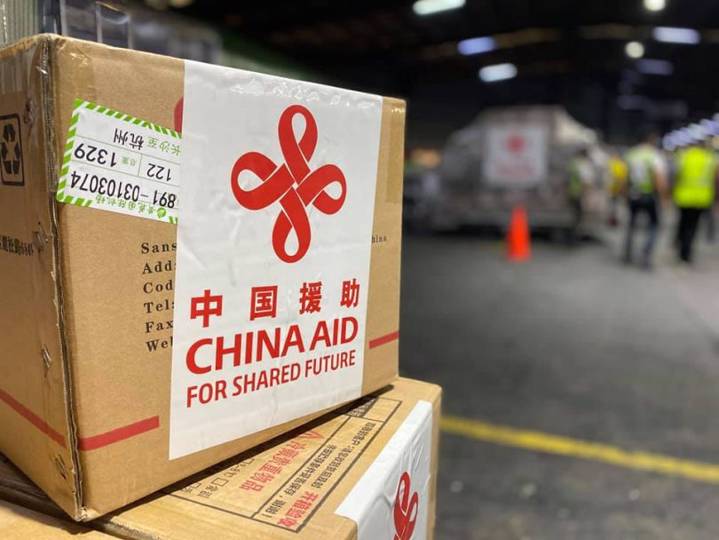
PRIO has received funding from the Research Council of Norway for the 3-year project Developmental Peace? Local Perceptions of China’s Engagement in Pakistan and Afghanistan (AsiaPeace).
The AsiaPeace project aims at providing new empirical and theoretical insights about how China deals with conflicts, as a major development actor and an aspiring peacebuilder. Combining analyses of China’s developmental peace approach in Afghanistan and Pakistan with stakeholders’ perceptions of and responses to it, we will assess the implications of China’s dual role for its neighbouring countries and beyond.
Ilaria Carrozza has received funding for the project. She will be joined by a project team consisting of Kaja Borchgrevink from PRIO, Arne Strand from the Chr. Michelsen Institute (CMI), Amir Rana from the Pak Institute of Peace Studies (PIPS) in Pakistan, and Mirwais Wardak, Director of the Peace Training and Research Organisation (PTRO) in Afghanistan.
About AsiaPeace
Through the Belt and Road Initiative (BRI), China’s investments and development aid are now spread across over 140 countries. Although China has traditionally claimed to pursue a foreign policy guided by non-interference, BRI projects are increasingly implemented in countries with high levels of conflict and insecurity. This had led Beijing to become more active in peace and security activities abroad.
Its engagement in such activities has so far been characterized as the “developmental peace”, a model of state-led development and economic growth that privileges sovereignty and the legitimacy and stability of the government over political reforms and democratization. Yet, we know little about whether and how China can maintain this hands-off approach in countries affected by conflict and internal tensions or how local stakeholders perceive and respond to China’s engagement.
This project examines China’s developmental peace approach in Pakistan and Afghanistan from the perspective of local stakeholders. Combining stakeholder interviews and monitoring of traditional and social media, AsiaPeace offers an innovative comparative analysis of how a large-scale foreign presence impacts political, social and conflict dynamics, domestically and geopolitically.
More information about this project will follow.





